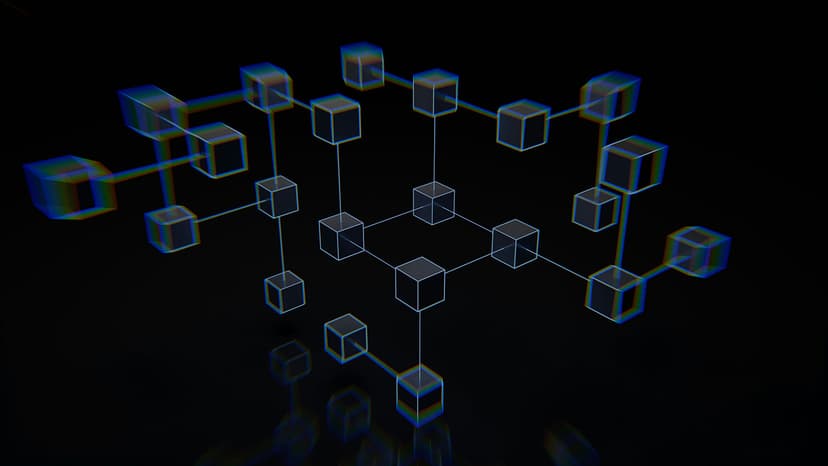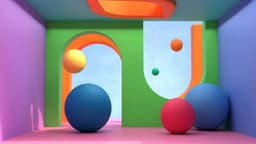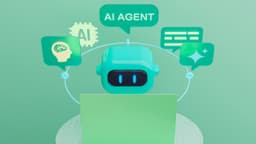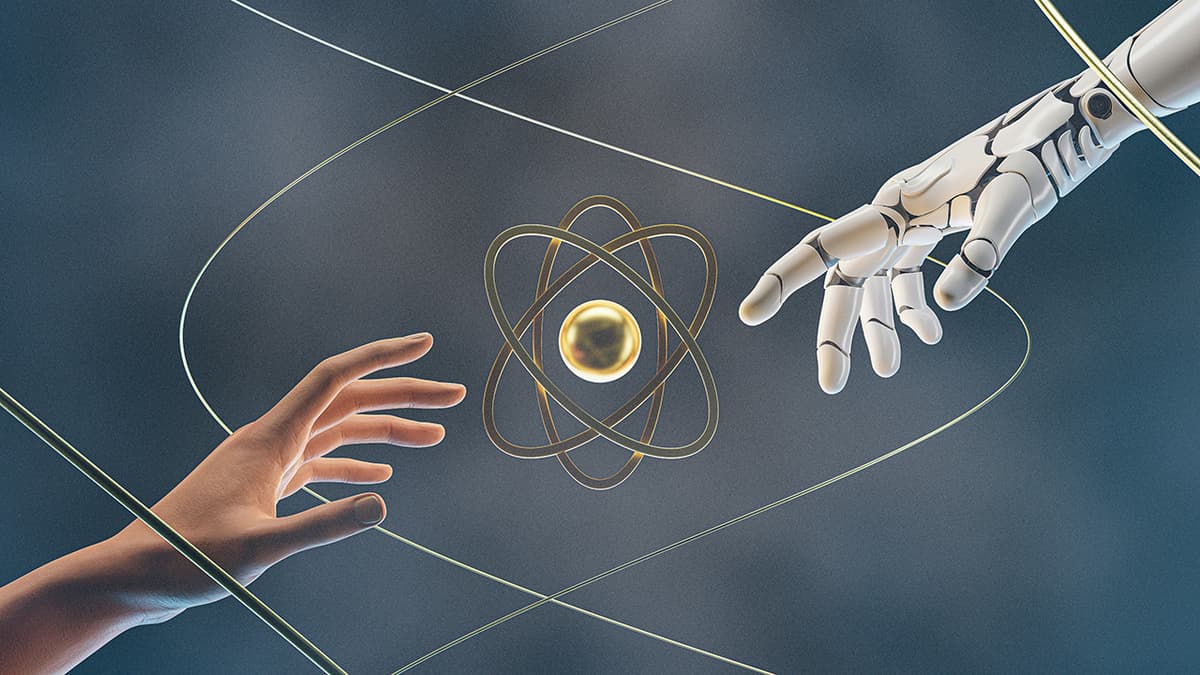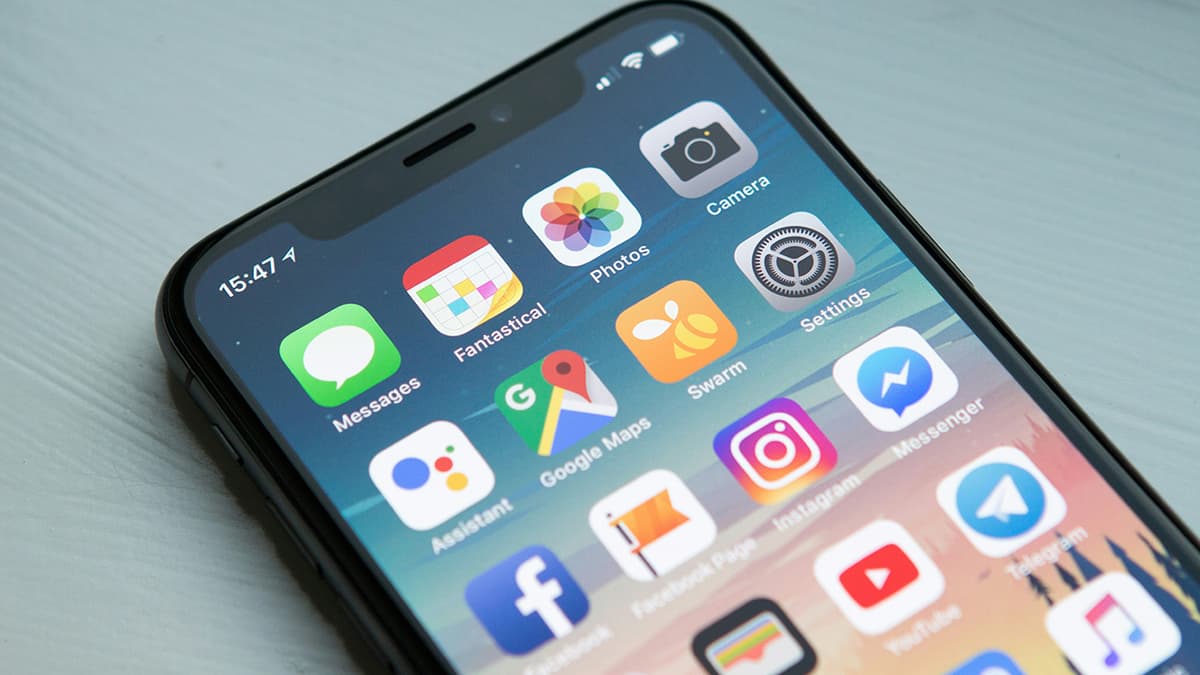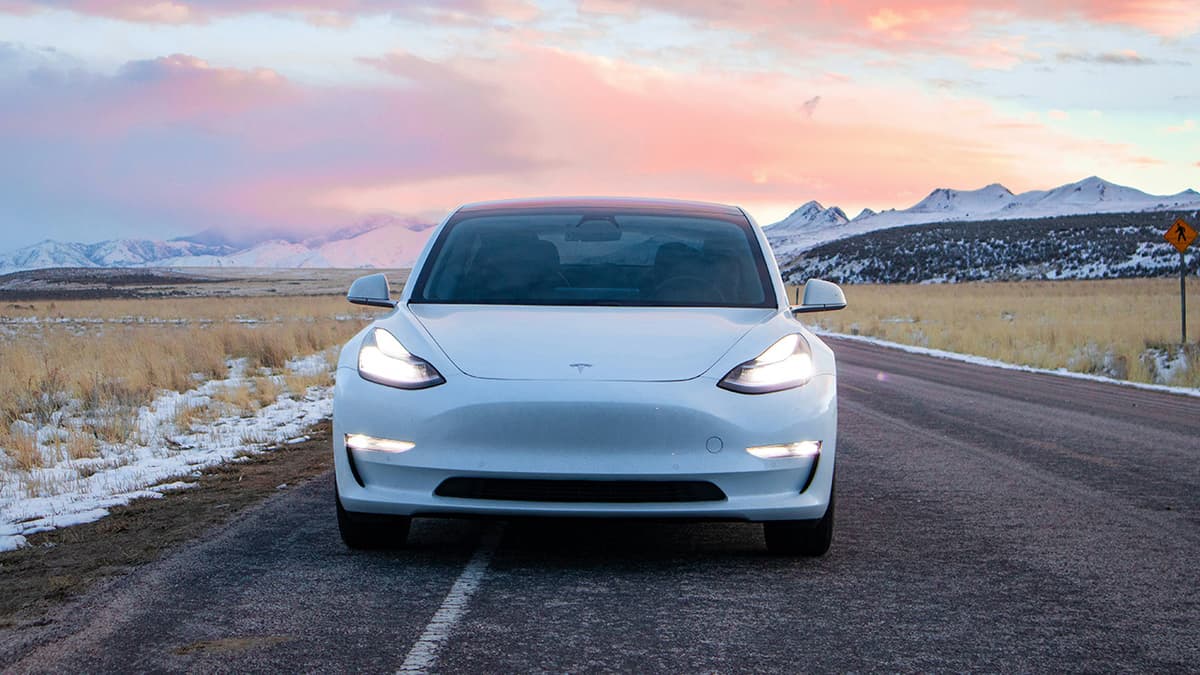Geoffrey Hinton: The Godfather of AI and 2024 Nobel Laureate
Geoffrey Hinton, often hailed as the "Godfather of AI," is a pioneering figure in the world of artificial intelligence and machine learning. His contributions, particularly in the development of neural networks and deep learning, have had a profound impact on modern technology. His work has not only shaped the trajectory of AI but also influenced everyday tools such as search engines and chatbots.
In 2024, Hinton was awarded the Nobel Prize in Physics, a momentous recognition of his groundbreaking contributions to AI. He shared the prize with John J. Hopfield for their foundational work on artificial neural networks — a technology that underpins much of today's AI applications, including Google's search algorithms and OpenAI's ChatGPT.
Early Life and Path to AI Research
Hinton was born in 1947 in the United Kingdom and developed an early interest in how the human brain works. This curiosity led him to explore the possibility of mimicking brain processes with computational models. With a background in psychology and computer science, Hinton embarked on a mission to understand how machines could learn and process information in ways that resemble human cognition.
Though the field of AI was still in its early stages during the 1970s and 1980s, Hinton’s vision was clear: machines could be taught to learn from data just as humans learn from experience. This idea, though revolutionary at the time, was met with skepticism due to the limitations of computing power and the complexity of neural networks.
Breakthroughs in Artificial Neural Networks
Hinton’s work on artificial neural networks became a cornerstone of his research. Neural networks are inspired by the structure and function of the human brain, which contains billions of interconnected neurons. By simulating this network in a computer, Hinton showed that machines could learn to recognize patterns, interpret images, and even generate text.
In the 1980s, Hinton introduced a powerful learning algorithm called backpropagation. This technique enabled neural networks to adjust themselves based on errors they encountered during training, making it possible for machines to "learn from their mistakes." This breakthrough allowed AI models to become far more effective, improving their performance over time as they processed more data.
The Development of Boltzmann Machines
Hinton also made significant contributions with his work on Boltzmann machines, a class of neural networks developed in the 1980s. Named after physicist Ludwig Boltzmann, these networks aim to solve complex problems by searching for low-energy states, which represent solutions to the task at hand. Boltzmann machines played a crucial role in enabling AI systems to learn from incomplete or noisy data, advancing the field's understanding of probabilistic learning.
The Nobel Prize Hinton received in 2024 was, in part, a recognition of his work on Boltzmann machines. Alongside John J. Hopfield, whose Hopfield networks laid the groundwork for neural network theory in the early 1980s, Hinton's contributions were acknowledged as pivotal to the development of AI. These neural network models have now become integral to technologies that power everything from online searches to AI-driven chatbots like ChatGPT.
The Rise of Deep Learning
In the 2000s, Hinton became one of the driving forces behind the resurgence of deep learning. Deep learning refers to neural networks with many layers, which can learn complex, hierarchical patterns in data. For example, in image recognition, a deep learning model might first identify basic shapes and edges before recognizing more detailed objects, like faces or cars.
Hinton's work demonstrated that deep learning could achieve impressive accuracy when applied to large datasets and given enough computational power. His contributions led to breakthroughs in various fields, from speech recognition to autonomous driving. In 2013, his deep learning model AlexNet, developed with students Alex Krizhevsky and Ilya Sutskever, won the prestigious ImageNet competition. This victory showcased the potential of deep learning to surpass traditional AI approaches, solidifying Hinton’s role as a leader in the field.
Nobel Prize Recognition
In 2024, the Nobel Prize in Physics was awarded to Geoffrey Hinton and John J. Hopfield for their contributions to artificial neural networks. The prize recognized the critical technologies they developed — Hopfield's eponymous network and Hinton's Boltzmann machine. These models laid the foundation for the AI systems that power modern technologies such as search engines and advanced chatbots like ChatGPT.
Today, Hinton continues to explore new ideas in machine learning and AI. He has expressed a keen interest in understanding how we might develop more efficient and flexible AI systems, ones that can learn from fewer examples and adapt to new tasks in ways that more closely resemble human learning. This research is essential for pushing the boundaries of what AI can do, moving the field beyond its current limitations.


